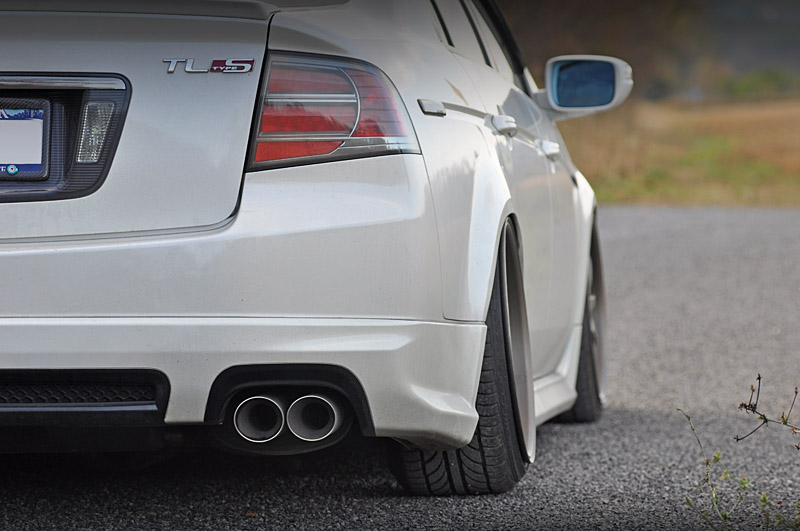- Shop by Car
- Wheels
- Blog
- Reviews
- About Us
- Contact Us
The Origin of Popular Mods
Posted by Stefan Petrov on 20th Oct 2016
We're sure you've seen a lot of mainstream car mods, and by now some of you might be sick of it. Some are tasteful, others not so much, but that's all down to personal preference anyway. Today we take a look at four popular mods and see how they originated. You might get surprised by this one.
Yellow Lights

Not a lot of cars are rocking the yellow light life, but they are slightly more popular in Europe and Asia. Achieved by yellow HIDs or a yellow tint, this mod traces its roots back to racing. It originally started in France on GT cars. The purpose behind it is rather genius, because it has two functions. Firstly, yellow lights create less glare for the drivers, giving them better visibility, and second, it's a great way of creating classes and separating the faster cars from the slower ones.
Taped Headlights

This one is slightly more common, but almost no one knows its use. Well, again, we trace the roots back to racing. Taping the headlights will keep the glass together in the event that you do crash. This results in less or no broken glass scattered on the track, therefore providing more safety.
Fat Tires

Unless you actually drive a drag racer, this one is more for show rather than go. It's fitted to cars in an effort to mimic the fat tire look dragsters have, but really, if you're not driving a dragster, you're probably making your car worse. Given, there are exceptions, especially if you do control how wide of tires you put, but either way, not a very practical mod.
Negative Camber

And so, we get to the most common one, especially on Japanese cars. Again, this trend originates from racing where it does find purpose, but it's actually a downgrade for the streets. The theory behind it is that as you're cornering, because of the negative camber the weight transfer to one side will cause the tire to actually bend sideways too, effectively giving you 0 camber, i.e. a full contact patch when cornering. Because most road cars don't corner that heavy or that frequently however, it's not really practical or useful.




